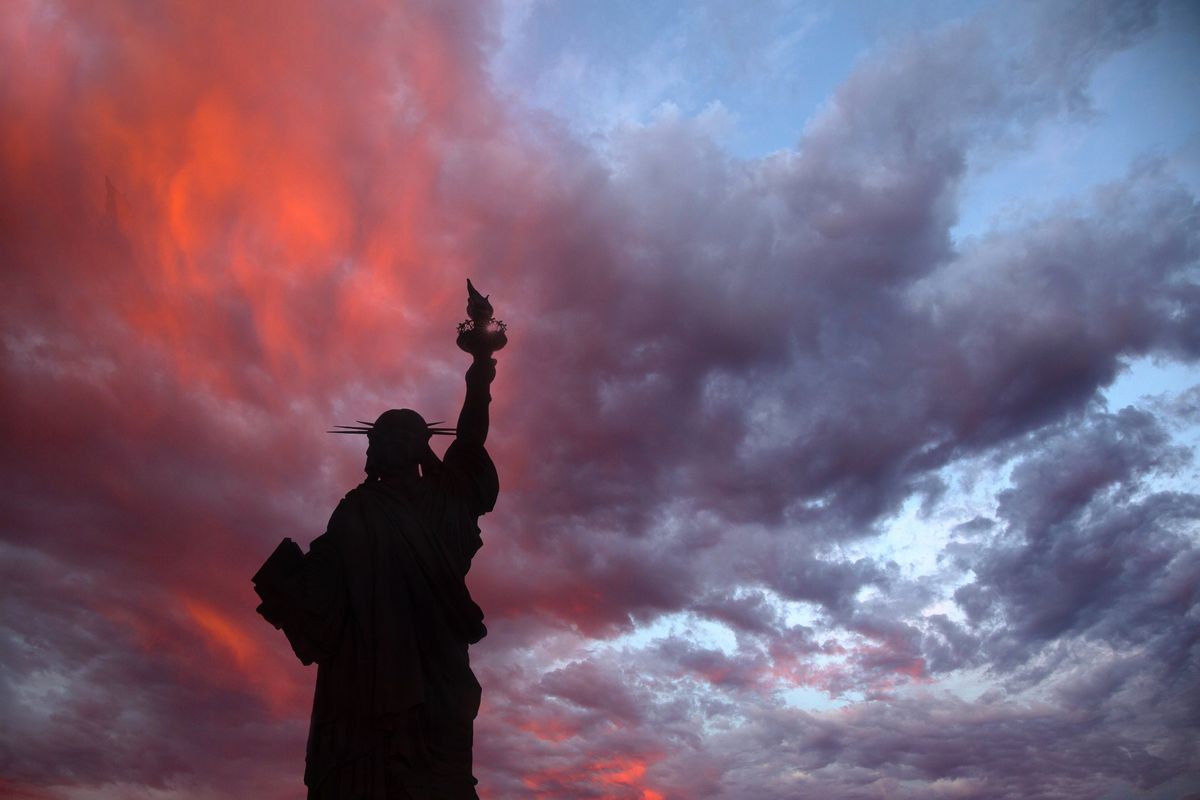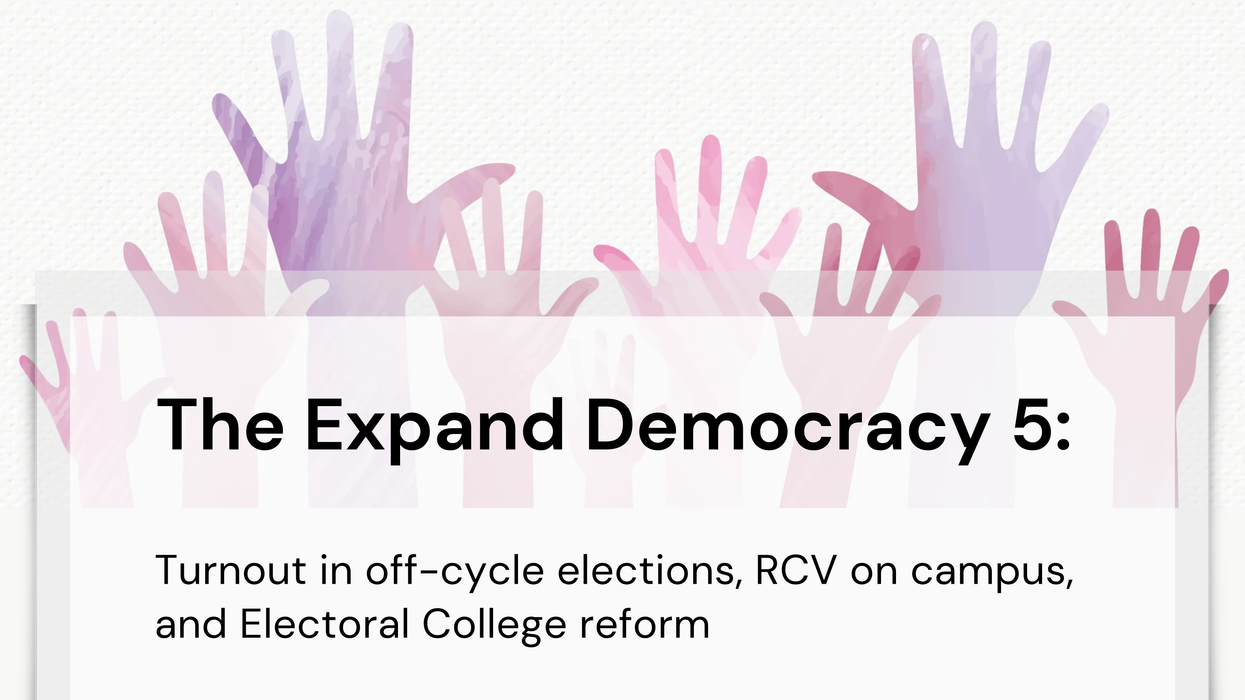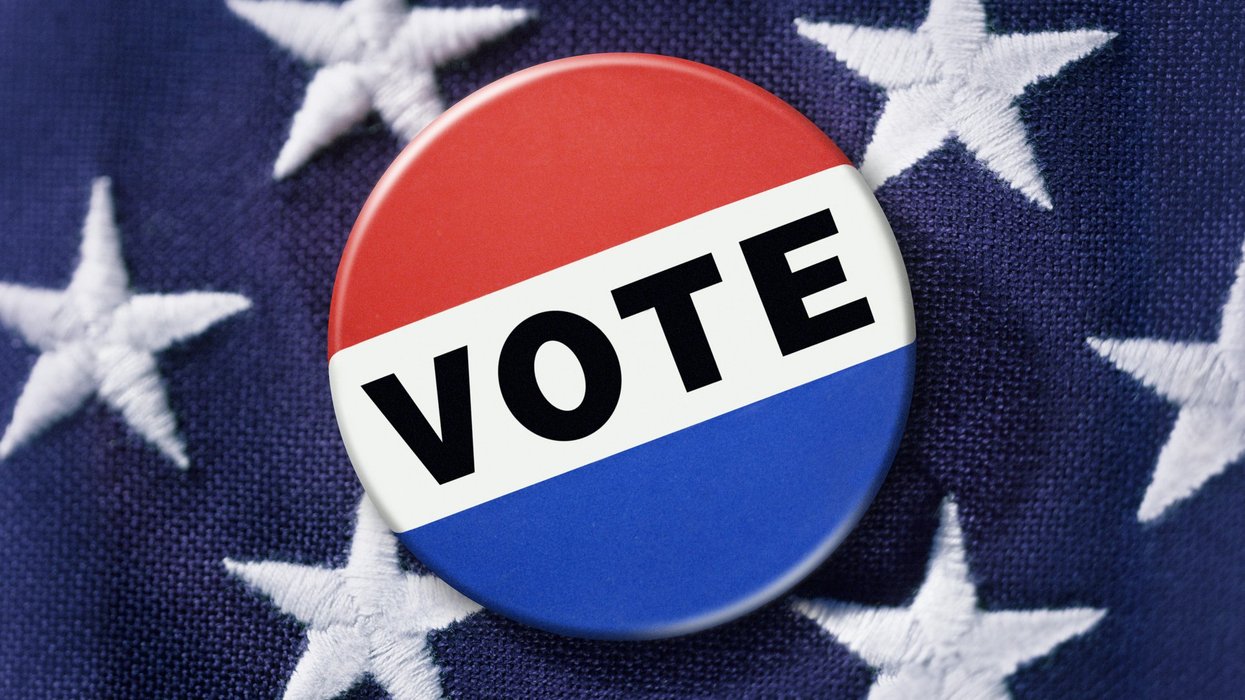U.S. intelligence agencies agree on the importance of improving election security. But like with most other policy issues that could be on the table this year, politics is getting in the way of any solutions.
As the McClatchy DC Bureau reported, "partisanship has all but killed any chance that Congress will pass legislation to shore up election security before voters cast their ballots next year."
Senate Majority Leader Mitch McConnell has slammed the door on any vote on House Democrats' political overhaul legislation, which includes election security measures that would provide grant funding for states to upgrade voting equipment, train election officials on cybersecurity and conduct post-election audits.
McConnell's opposition to the House-passed bill, known as HR 1, has less to do with his aversion to election security, however, than his distaste for the bill's other proposals, such as new campaign finance restrictions.
And yet, Republican leadership appears to be lukewarm on a different Senate bill focused solely on election security — one that has bipartisan support.
The Secure Elections Act introduced last year aims to improve cybersecurity information-sharing between federal agencies and state election officials, offer election-security grants and provide security clearances to state election officials. The bill was authored by Republican Sen. James Lankford of Oklahoma and Democratic Sens. Amy Klobuchar of Minnesota and Kamala Harris of California.
Sign up for The Fulcrum newsletter
Despite bipartisan backing, the legislation has hit a brick wall in the Senate Rules and Administration Committee, which has jurisdiction over election security legislation.
Rules Chairman Roy Blunt, a Republican from Missouri, said he has no plans to discuss the bill because McConnell is not inclined to bring up "even a GOP-led election bill to the floor for fear Democrats might try to amend it" with provisions plucked from HR 1.
"The House action on election legislation has actually made it even less likely that that bill could possibly be on the Senate floor," Blunt said. "Their [H.R. 1] bill was a combination of everything that Democrats have wanted to do over the past 20 years all put into one big bill. ... That bill's just not going to go to the floor. Neither is any other bill that opens the door to these issues. Leader gets to decide that and he has made it clear."




















